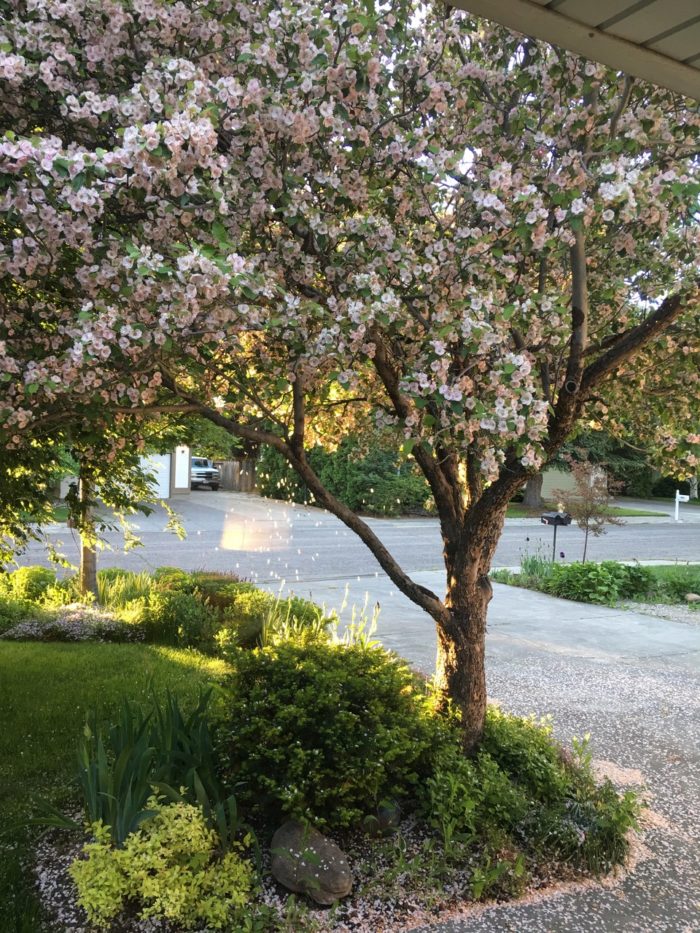
Marla Morgan shared this look-back at the last growing season in her garden.
We garden in Idaho Falls, Idaho. We fell in love with this town lot about 15 years ago because of the astonishingly large number of trees (at least 30) packed into such a small area. We have had to cut down several sick aspens and a 30-year-old giant birch, but we constantly plant new trees of all varieties. I’m rather impulsive, so sometimes we plant them too close together. But we run with it and let things evolve. These pictures are some highlights of my last growing season, spring through fall.

Our backyard in spring. The aspens (Populus tremuloides, Zones 1–6) don’t do so well in our climate, and we sometimes lose a battle and cut one down, but we love them. We let some of the suckers grow, so these are a combination of new young ones and a few of the remaining original ones.
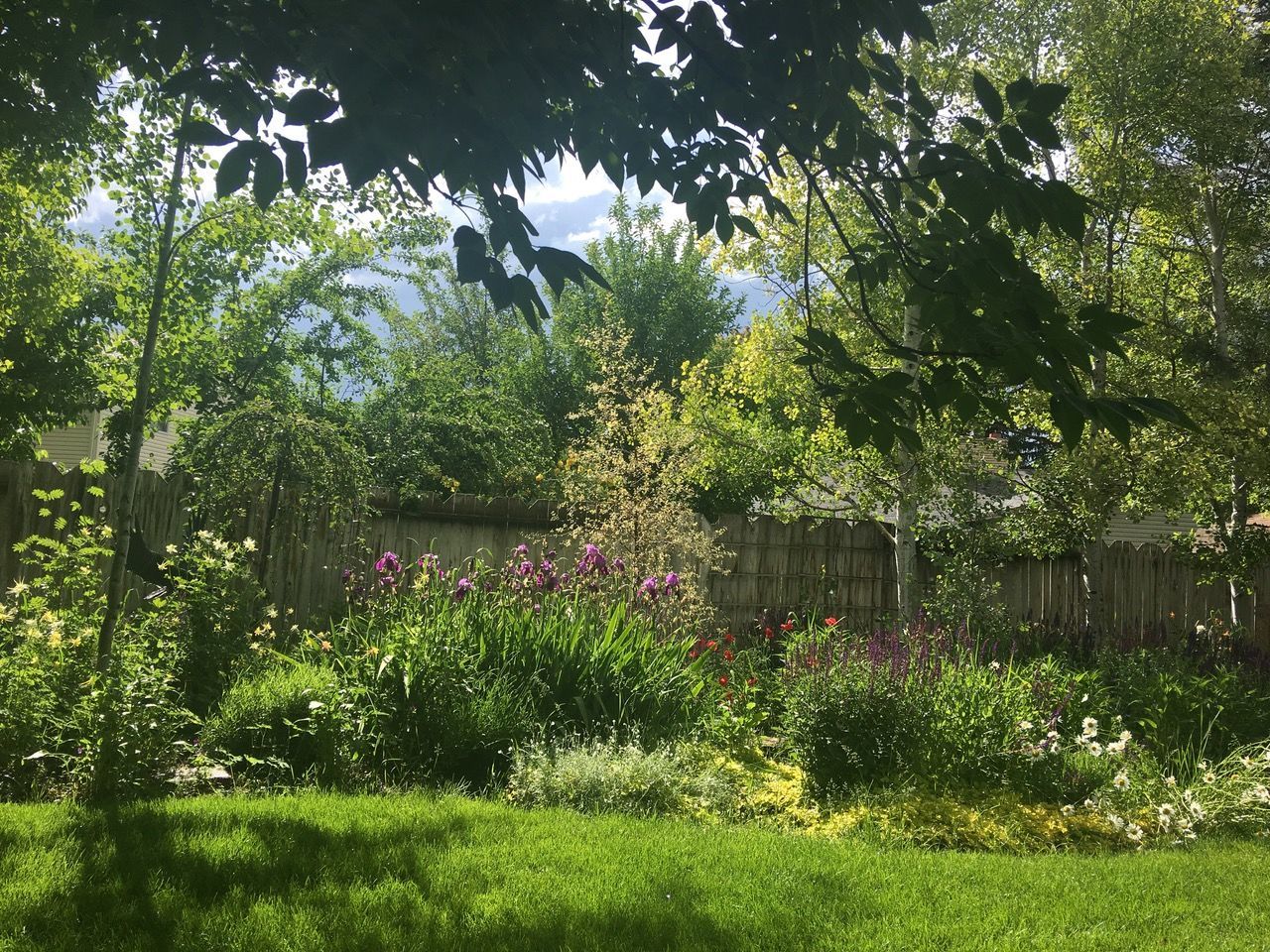
The backyard gets very wild by midsummer, with self-sown poppies that come and go in number, purple salvia that spreads all over, columbine that evolve in color over the years, and iris that were given to me some years back. The bright yellow is creeping jenny (Lysimachia nummularia ‘Aurea’, Zones 4–8), which is slightly aggressive but is held back fairly well by the cold winters here. I have a terrible problem with quack grass throughout my border garden, and I don’t use weed killer because we have too many pets. We try to weed a lot in the spring but usually give up by this time of year and let it get covered up by overcrowded plants.

These poppies (Papaver rhoeas, annual) were here in the “weed patch” when we moved in. I cultivated them each year, but some years ago they disappeared because I weeded too many out one year. Last year, I happily found one single blossom and got them going again. My salvia and purple coneflowers spread like crazy also, although they haven’t quite bloomed in this photo.
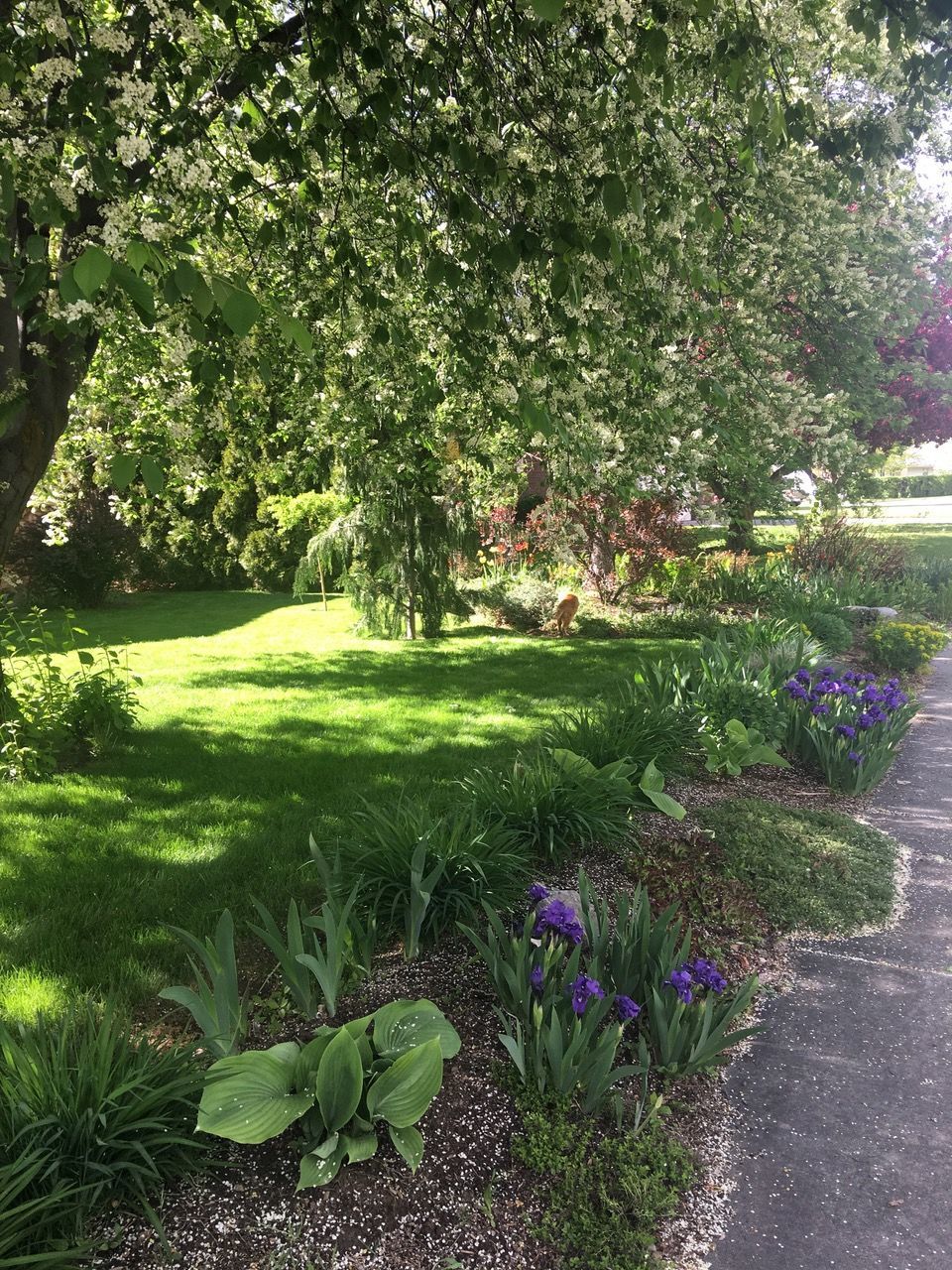
Our may tree (Crataegus sp.) in the center of the front yard blooms every year in May with white aromatic blossoms. They are an old Idaho Falls favorite, and you can always count on them blooming all over town at the beginning of May each year. Creeping thyme, iris, daylilies, and hosta line the front walk.

The bright yellow is Euphorbia polychroma (cushion spurge, Zones 4–8), which our hard winters keep in check, along with heavy weeding in the spring. It turns a lovely red in the fall.

A mid-May view out our living room window of the crabapple tree (Malus sp.). Pink and white in the spring, green in the summer, bright orange in the fall, this tree creates a LOT OF WORK with dropped crab apples in the late fall.
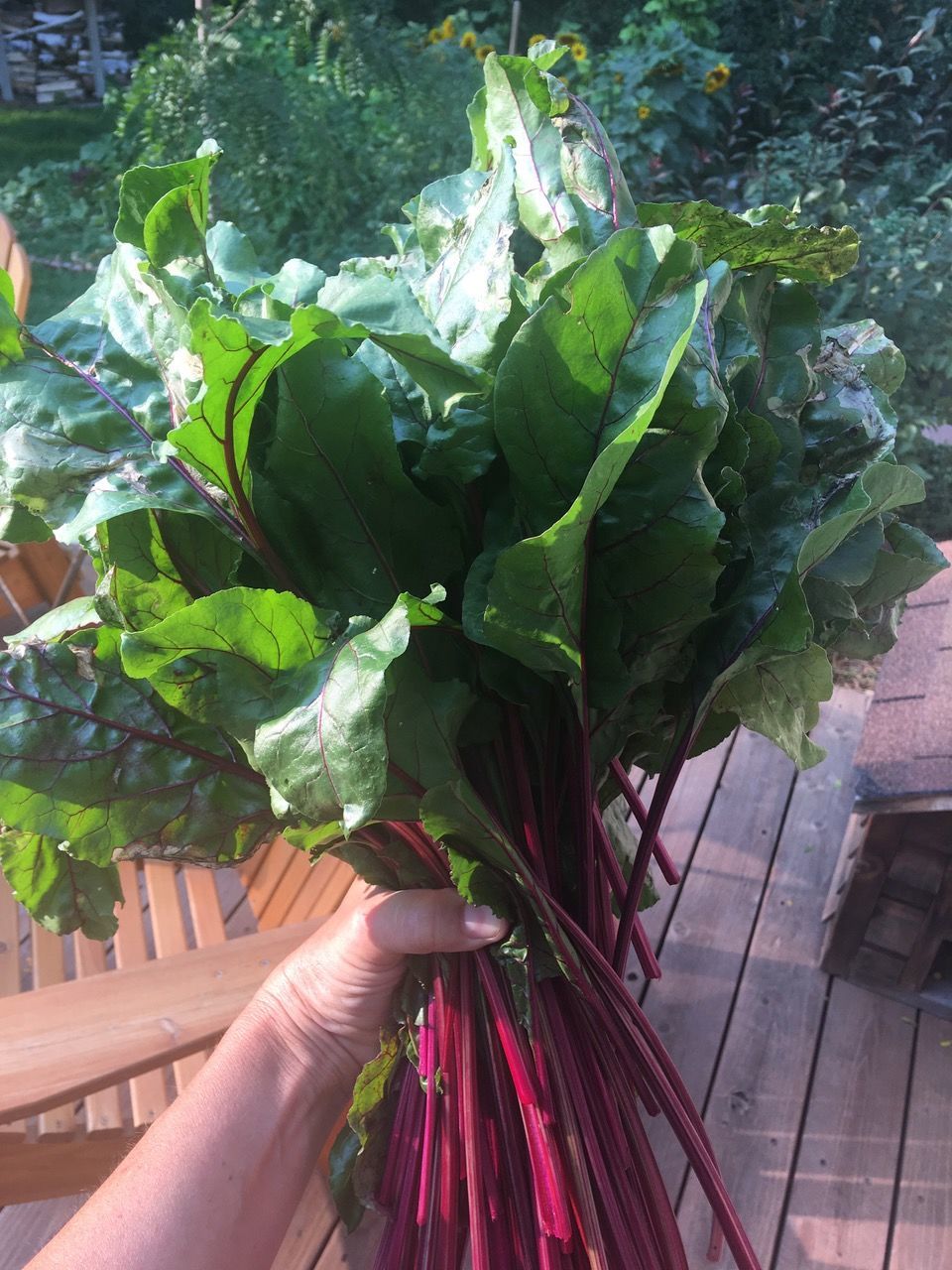
We managed to find a sunny spot in the backyard to grow some food this year: beets, sunflowers, peas, and beans.
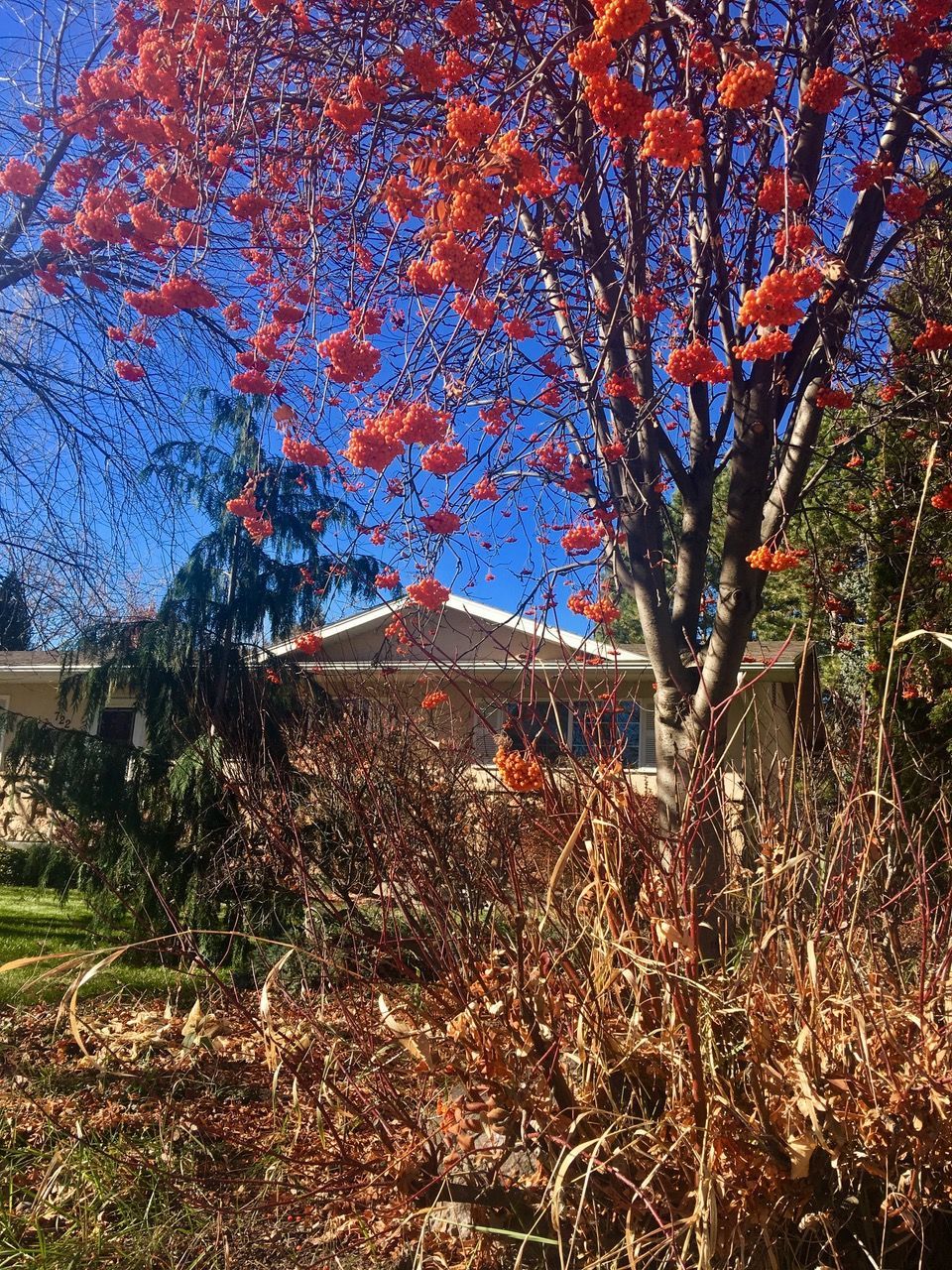
Fall color with the mountain ash (Sorbus sp.) in the front yard. The birds love the red berries this time of year, and we get flocks of different kinds coming through. Mountain ash holds onto its fruit through the winter until it is mostly eaten.

The may tree in its lovely winter form. The purple coneflowers (Echinacea purpurea, Zones 3–9) are in the foreground.

This red tree is the purple ash (Fraxinus americana ‘Autumn Purple’, Zones 3–9) when it changes color. Once we have a hard freeze, it drops its leaves almost overnight, so the color has to be enjoyed quickly.
Have photos of your garden from the past year? Send us some! We’d love to see your favorite moments in the garden this past year!
Have a garden you’d like to share?
Have photos to share? We’d love to see your garden, a particular collection of plants you love, or a wonderful garden you had the chance to visit!
To submit, send 5-10 photos to GPOD@finegardening.com along with some information about the plants in the pictures and where you took the photos. We’d love to hear where you are located, how long you’ve been gardening, successes you are proud of, failures you learned from, hopes for the future, favorite plants, or funny stories from your garden.
If you want to send photos in separate emails to the GPOD email box that is just fine.
Have a mobile phone? Tag your photos on Facebook, Instagram or Twitter with #FineGardening!
You don’t have to be a professional garden photographer – check out our garden photography tips!
Do you receive the GPOD by email yet? Sign up here.
Fine Gardening Recommended Products

ARS Telescoping Long Reach Pruner
Fine Gardening receives a commission for items purchased through links on this site, including Amazon Associates and other affiliate advertising programs.
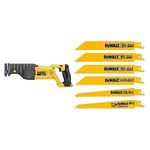
DeWalt Variable-Speed Cordless Reciprocating Saw with 6-Piece Saw Blade Set
Fine Gardening receives a commission for items purchased through links on this site, including Amazon Associates and other affiliate advertising programs.
- 18.31 x 6.13 x 4 inches
- 1-1/8-inch stroke length
- Variable speed trigger with 0-3000 spm
- DW4856 Metal/Woodcutting Reciprocating Saw Blade Set, 6-Piece
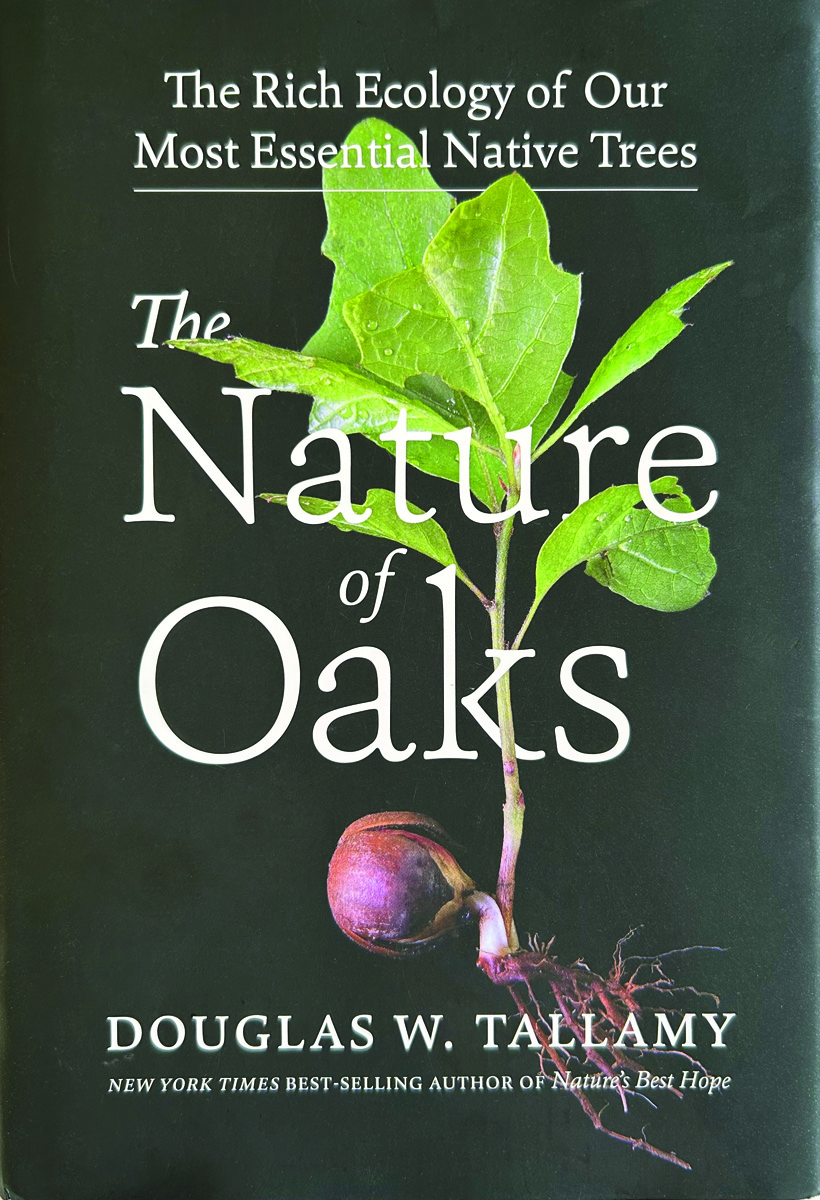
The Nature of Oaks: The Rich Ecology of Our Most Essential Native Trees
Fine Gardening receives a commission for items purchased through links on this site, including Amazon Associates and other affiliate advertising programs.





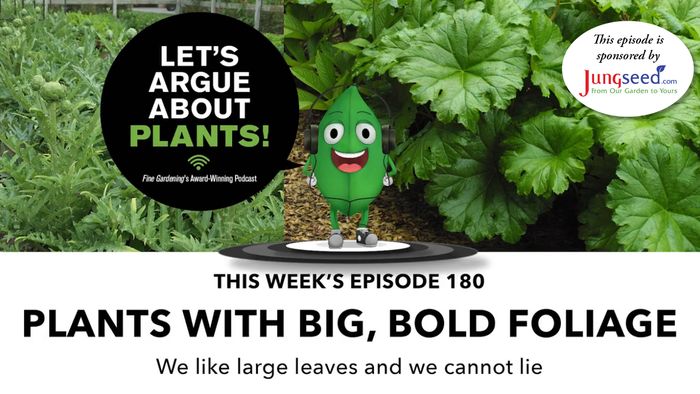
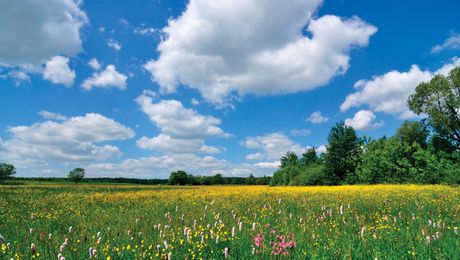
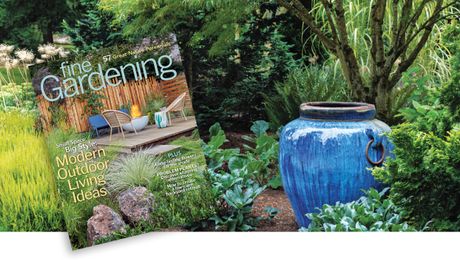










Comments
The two pics showing the sky make me want to get my "pallet" and lie on the grass looking up. Love your poppies. I live where poppies really don't like the weather (and soil) but I am trying again for the 2nd time to see if I can at least have them for 1 season. Nothing runs rampant here but there are a few plants I have that I wish would. Thanks for sharing. BTW, that crab apple is gorgeous!
What a wonderful tour of your gardens this morning! I also love that crab apple, and wish we could grow mountain ash. Your May Tree sounds like it is in the hawthorn family - I used to have an office that looked out on 5 hawthorns, and each spring a huge flock of robins would arrive in February or March, and have every berry eaten in less than 24 hours - an amazing site! Thanks for helping me recall that memory. I enjoyed hearing about your gardening style and seeing your tour!
Love your landscape! I am adding to my list of "wants"...Thanks for sharing.
Wonderful - I love "wild" gardens!
A wonderful garden tour for a rainy November morning. Love the red poppies - which won't grow in my climate. Beautiful variety of trees- the birds must appreciate your garden!
wow, that's actually the first time i've noticed a written hardiness range as beginning with Z.1 !!! why do you lose aspens; are they just weak trees? or do they get easily broken by heavy snows (as my zone 5's white birches are prone to do)?
Isn't crataegus Hawthorne? Up in Burlington VT. there's a border row of mature ones that get covered w/ red berries. does yours? but i haven't been aware of any in my area just north of boston.
Log in or create an account to post a comment.
Sign up Log in